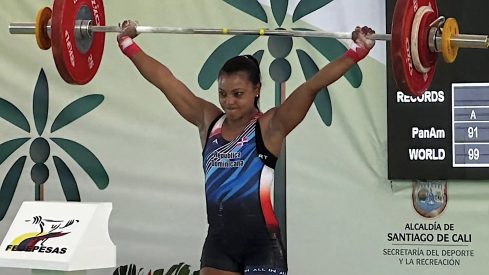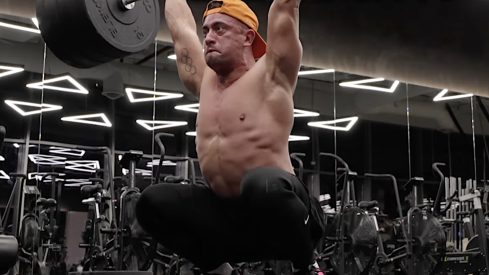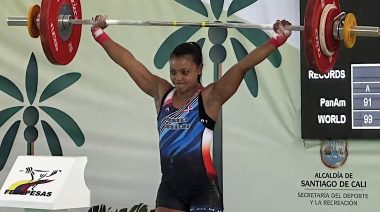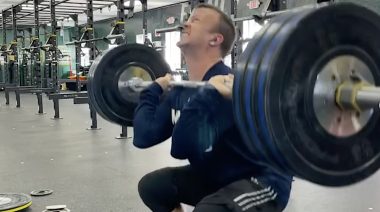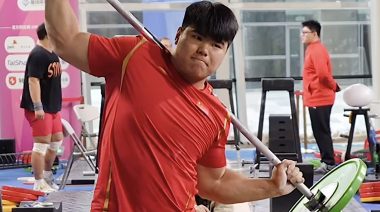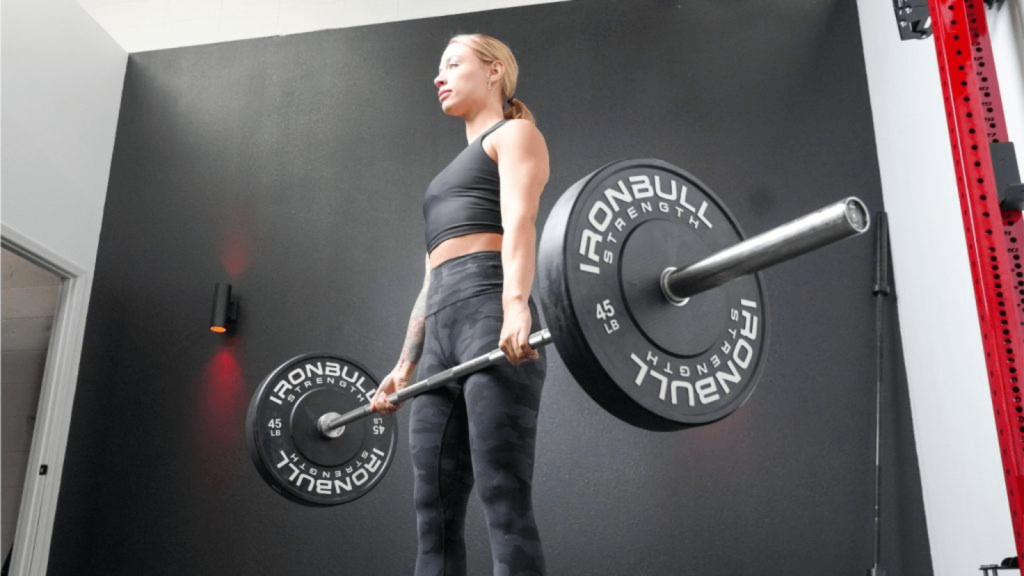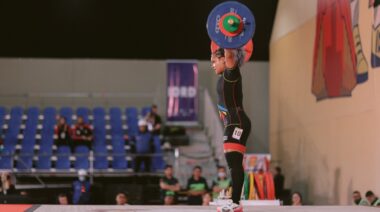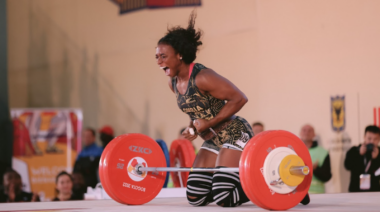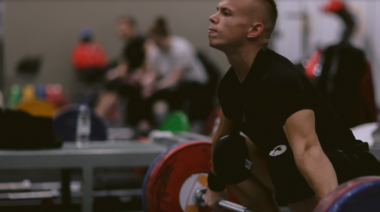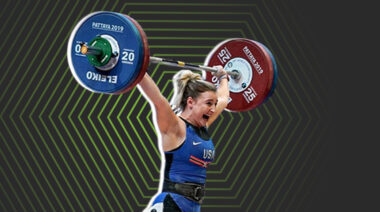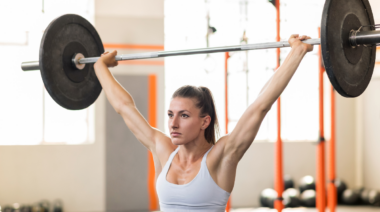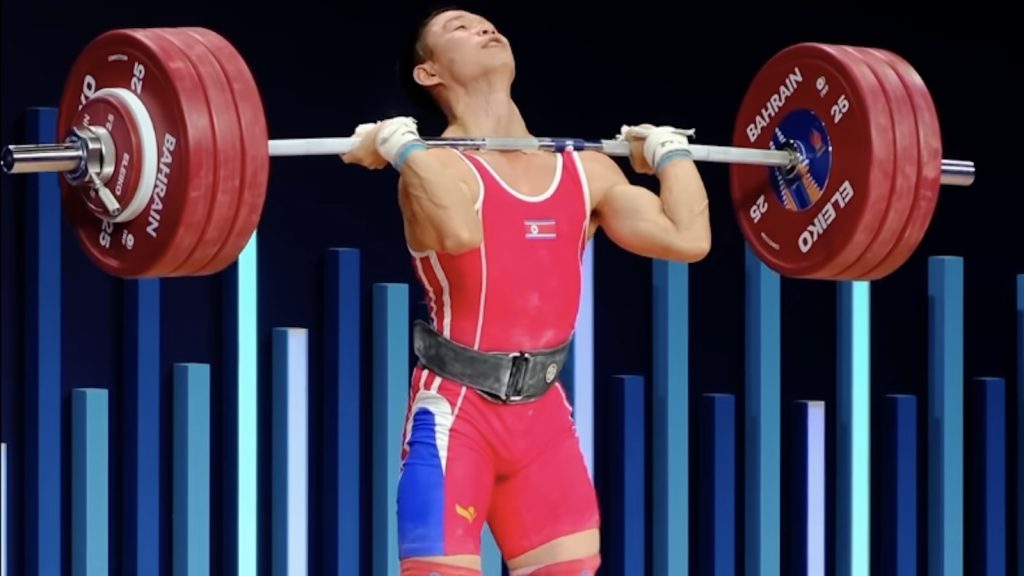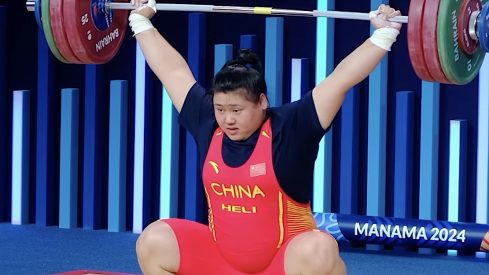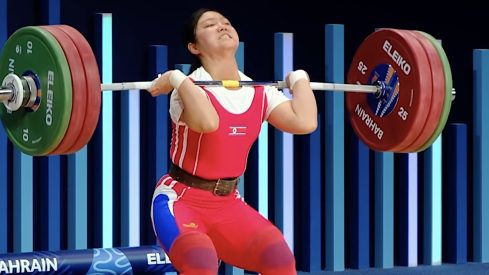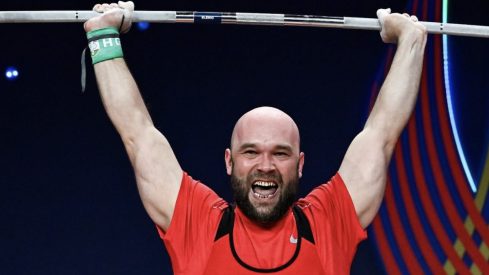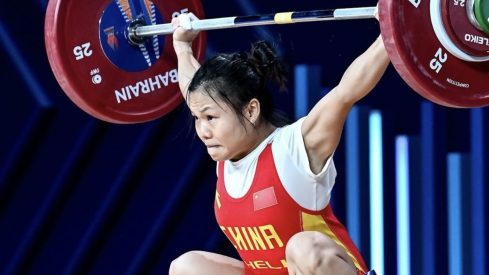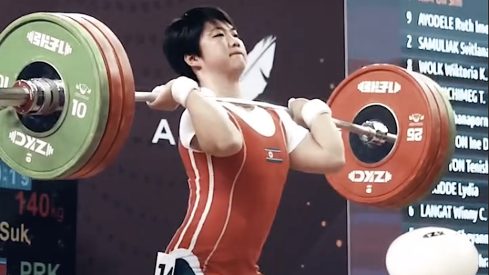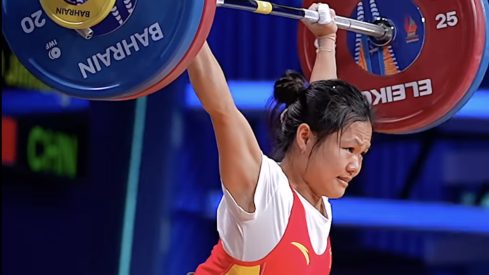Latest Weightlifting News
-
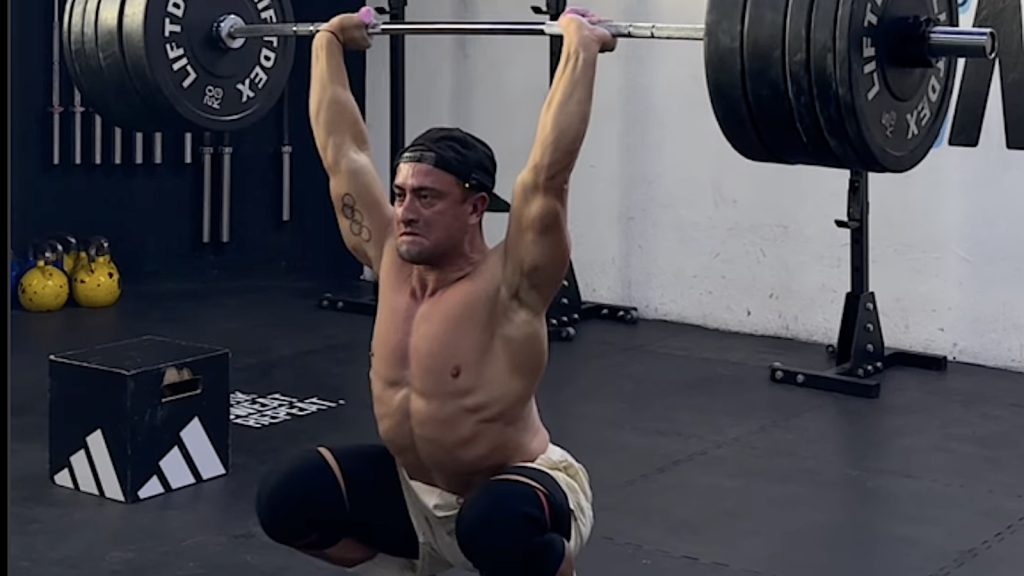
Chinese Weightlifters Train Differently; Should You, Too?
Learning how elite athletes train and applying the experience to your workouts might be the way to improve. Three-time Olympic weightlifting gold medalist Lu Xiaojun of China won five world championships and knows a thing or two about lifting a barbell. Lifting coach Sonny Webster was among the latest to try training the clean & jerk like Xiaojun.: The Warm-Up Webster…
Top Weightlifters
Weightlifting Guides
-
Getting a Grip on Deadlift Strength Standards, With Insight From a Competitive Weightlifter
We love the deadlift, and you should, too. Pulling weight from the floor strengthens your posterior chain (hips, glutes, hamstrings, and back), increases bone density, and reinforces one of the most fundamental movement patterns we engage in daily — the hip hinge. (1) Get your mitts around one of the best barbells and read on…
-
The Differences Between Hip Contact vs. Thigh Contact in Weightlifting
-
Weightlifting Blocks vs. the Hang: The Differences & When to Use Each
-
What Are the Differences Between Powerlifting vs. Weightlifting?
-
What Are Hang Lifts in Weightlifting? Plus, How to Use Them for More Strength
-
Here’s Every American Weightlifter Who Has Won an Olympic Medal
-
8 Quick Tips to Help You Nail Your First Weightlifting Workout
Weightlifting Basics
What Is Weightlifting?
Weightlifting is a weight-classed strength sport and Olympic Games event. In weightlifting competitions, athletes perform two barbell-only exercises; the snatch and the clean & jerk.
Both events entail moving a loaded barbell from the floor to being held overhead at arm’s length. Athletes who compete in weightlifting are ranked on the sum of their heaviest successful snatch and clean & jerk, which is called a Total. Out of all major strength sports, weightlifting is widely considered to be the most intricate to learn, due to the complex techniques of its two movements.
More in Weightlifting
-
Won Ju Ri (67KG) Scores Clean & Jerk Record at 2024 IWF World Championships
The 2024 International Weightlifting Federation (IWF) World Championships in Manama, Bahrain, ended on Dec. 15, 2024. The competition of the world’s best weightlifters showcased their immense strength and was landmarked by a bevy of world record performances across the men’s and women’s fields, with only six months until new weight categories take hold in June 2025. Among those elite…
-
Yan Li (+87KG) Demolished The Previous Snatch World Record at 2024 IWF World Championships
-
Il Gyong Kim (59KG) Achieves Clean & Jerk and Total Records at 2024 IWF World Championships
-
Ruslan Nurudinov (109KG) Sets World Record Clean & Jerk In Manama, Bahrain
-
2024 IWF World Championships Results
-
Suk Ri (64KG) Scores Two World Records at 2024 IWF World Championships
-
Zhao Jinhong (45KG) Achieves Two Records at 2024 IWF World Championships

